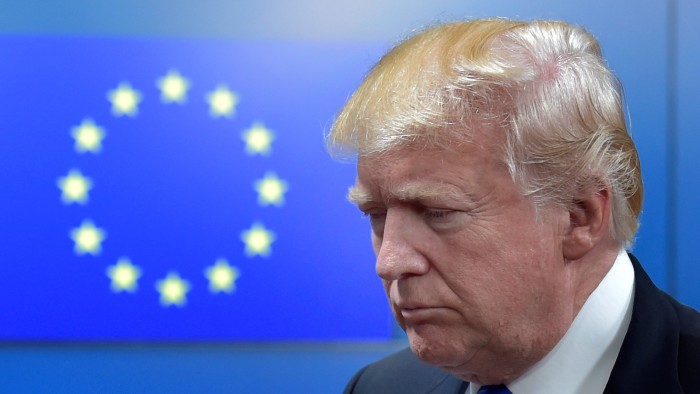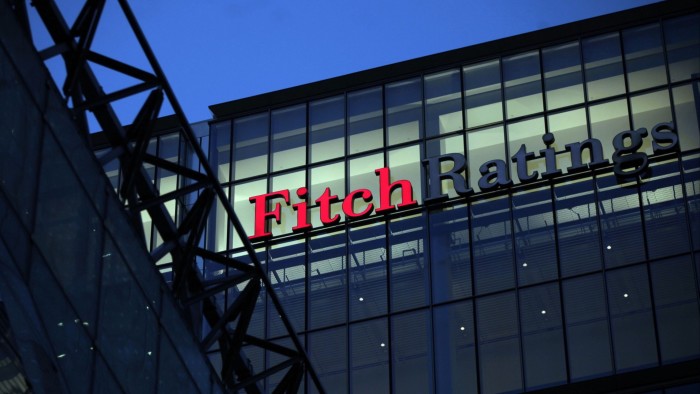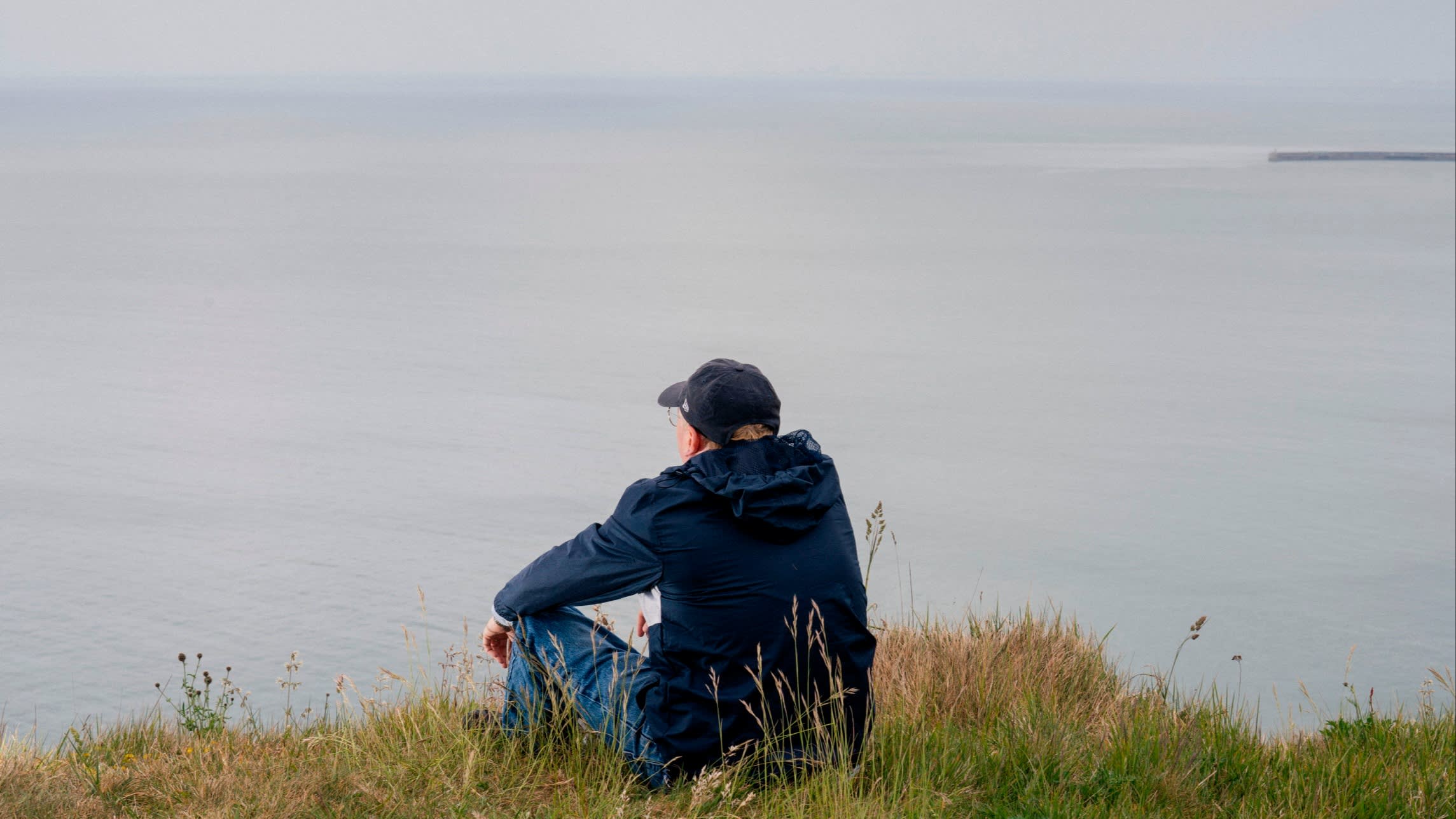US vacation hotspots brace for slump as angry Canadians cancel trips

John Gauvreau has visited Las Vegas more than 30 times this century, but he will not be returning this year.
The retired real estate broker from Ontario cancelled the flights and hotel he had booked for May in response to US President Donald Trump’s threats to annex Canada, as well as his hostility towards Ukraine.
He plans instead to go golfing in Niagara Falls, where he will stick to the Canadian side of the border. He is also planning a month-long “winter sun” trip to Mexico next February.
“I will miss the convenience,” said Gauvreau. He added, however, that he was “first and foremost a very proud Canadian”.
US tourism hotspots and border towns are bracing for a slowdown in visitors from Canada, the country’s largest international tourist market, after Trump’s threats of annexation and tariffs triggered a patriotic boycott of US goods and an increase in travel in Canada.
The number of Canadians returning from road trips to the US was down almost a quarter in February compared with the same month in 2024, according to Statistics Canada. Cross-border air travel, which is typically booked further in advance, has also started to slow, leading some airlines to trim back flights to the US.
Christophe Hennebelle, a spokesperson for Air Canada, said that as of mid-March, bookings between Canada and the US for the six months to September were down 10 per cent on 2024. The carrier, the largest in Canada, also said last month that it was “proactively” reducing capacity to popular destinations such as Florida, Arizona and Las Vegas.
Adam Sacks, president of research firm Tourism Economics, predicts that international visitor spending in the US will drop $9bn in 2025, led by a 20 per cent decline in travel from Canada.
He said the impact would be felt most in regions closest to the Canadian border, which benefit from transborder shopping, and “winter sun” destinations in places such as Florida, as well as swing-states Nevada and Arizona.
Las Vegas welcomed 1.4mn Canadians in 2023, making up a quarter of all international visitors, according to the Las Vegas Convention and Visitors Authority.
Canada is the only major country so far with a large-scale boycott of the US, but economists and tourism executives said they feared other groups of international visitors would also begin to cut back on travel following reports that visitors are suffering hostile treatment at the country’s borders since Trump’s return to the White House.
This slowdown could dent one of the sectors that has been sustaining the US labour market. According to ING, 88 per cent of all jobs created in the country since December 2022 were in the three sectors of leisure and hospitality, private education and health services, and government.
Although declines from one country alone may not be enough to affect the national labour market, jobs numbers will be hit if the Canadian boycott “becomes global,” said Olu Sonola, US head of economic research at Fitch Ratings.
He added, meanwhile, that “hard localised impacts” would be strongest in destinations popular with long-term winter visitors, or “snowbirds,” who typically spend more time and money in the US.
This threat is weighing on Stacy Ritter, chief executive of tourism promotion agency Visit Lauderdale in Fort Lauderdale, who said she was fielding calls “almost every day” from regular visitors reconsidering their trips to Florida.
“This is something that we have to plan for because tourism is our number one industry,” said Ritter. “If visitors stop coming, people lose their jobs.”
Some realtors said snowbirds were already selling up. Catherine Spino, a realtor working with Ontarians and Quebecers in south Florida, said that the “big shift” began in January.
She pinned part of the blame on high condo dues and unfavourable currency exchange rates — the Canadian dollar slipped almost 8 per cent against the US greenback in 2024 — but said that the administration’s attitude had also “brushed a lot of Canadians the wrong way”.
Laurie Lavine, a Canadian-American realtor in Arizona, said he was similarly “overwhelmed” with longtime visitors from Canada seeking to sell their properties in the US.
Like Spino, Lavine pointed to the unfavourable exchange rate, but said that for the majority of clients listing their winter homes in Arizona, Trump’s comments about Canada becoming the “Cherished 51st State” had been the final straw.
Hoteliers, retailers and tour operators reliant on clients from Canada said they had been left with few options. Mike Huckins, vice-president at the Phoenix Chamber of Commerce, said that Arizona businesses were struggling to get through to Canadians with a welcoming message.
Ritter added that her team was continuing to promote Fort Lauderdale as a “welcoming and inclusive destination” but admitted it was difficult to develop a strategy to reach out to international visitors “when the administration’s messaging keeps changing”.
If the boycott continues, small businesses could be worst hit.
Lorenzo McGregor, the owner of Tex’s Riverways, which shuttles backpackers and canoers down the Colorado River and Green River in Utah, estimates that he has already lost around $10,000 in business from cancellations from Canadians.
“There’s not a large margin of error in the outdoor recreation industry, so any shift like this is really concerning,” said McGregor. “This March was the slowest March in company history.”







